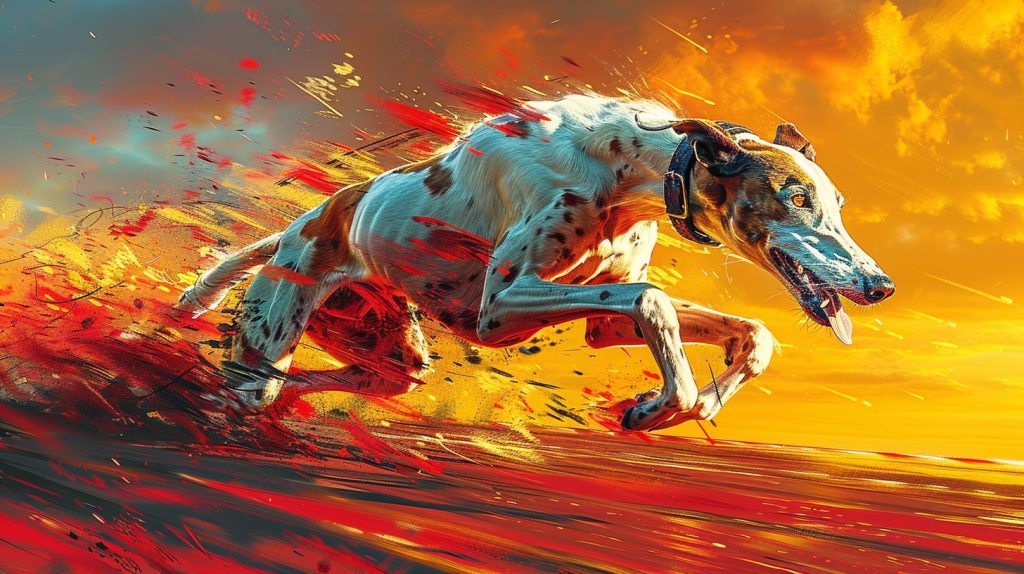
Greyhound racing – a sport rooted in tradition – is currently undergoing a digital revolution driven by advances in information technology. Technology is changing each sports aspect, from tracking performance data to enhancing the fan experience. This article explores and describes the transformative impact of information technology on greyhound races.
Tracking Performance Data
Information technology has revolutionized how performance data is collected, analyzed, and utilized in greyhound racing. Below are the main methods:
- Electronic Timing Systems. Electronic timing systems have replaced traditional stopwatch methods, providing accurate and real-time data on race times.
- GPS Tracking. GPS technology enables trainers to monitor the speed, distance, and movement patterns of greyhounds during training sessions, offering valuable insights for performance optimization.
- Data Analytics. Cutting-edge analytics devices process vast amounts of data to identify trends, patterns, and performance indicators, empowering trainers to make informed decisions about training regimens and race strategies.
Improving Animal Welfare
Technology plays a vital part in enhancing the welfare and safety of each dog race. Nowadays, the following innovative technologies are used:
- Health Monitoring Devices. Wearable devices equipped with sensors monitor the health and well-being of animals, detecting signs of stress, injury, or illness in real time.
- Predictive Analytics. Predictive models analyze data from many sources to predict potential health issues or injuries, enabling proactive measures to prevent harm to the greyhounds.
- Remote Veterinary Care. Telemedicine platforms facilitate remote consultations with veterinary experts, ensuring prompt medical attention and care for animals, regardless of location.
Enhancing Fan Engagement

Information technology effectively transforms the fan experience, making greyhound races today more accessible and interactive than ever before. The following processes are involved in each game:
- Live Streaming. Online streaming platforms broadcast races in real-time, allowing fans to watch and wager on races from anywhere in the world.
- Virtual Reality (VR). VR technology immerses fans in the racing experience, letting them virtually attend races exploring tracks from home.
- Mobile Applications. Dedicated mobile applications give fans access to race schedules, results, statistics, and betting options, enhancing engagement and participation.
Regulatory and Ethical Considerations
While information technologies offer numerous benefits to greyhound racing, they can additionally raise important regulatory and ethical considerations.
- Data Privacy. Safeguarding sensitive data, such as performance records and health information, is essential to protect the privacy of greyhound owners, their trainers, and athletes.
- Ethical Use of Technology. Ethical guidelines must govern the use of technology to provide the interest and fair treatment of racing dogs, preventing exploitation or harm.
- Regulatory Oversight. Regulatory bodies must adjust to the evolving geography of technology in greyhound racing, implementing policies and standards to promote integrity, transparency, and accountability.
Conclusion
Information technology is undoubtedly revolutionizing greyhound racing today, transforming how performance data is tracked, enhancing animal welfare, and redefining the fan experience.
While digital evolution brings unprecedented opportunities, it also necessitates carefully considering regulatory and ethical implications. By embracing technology responsibly, the greyhound racing enterprise can resume to grow and thrive in the digital age while upholding the welfare and integrity of the sport.




